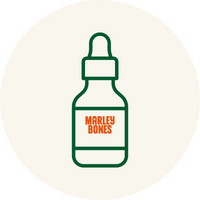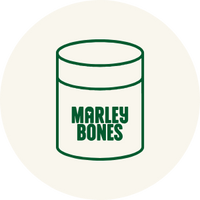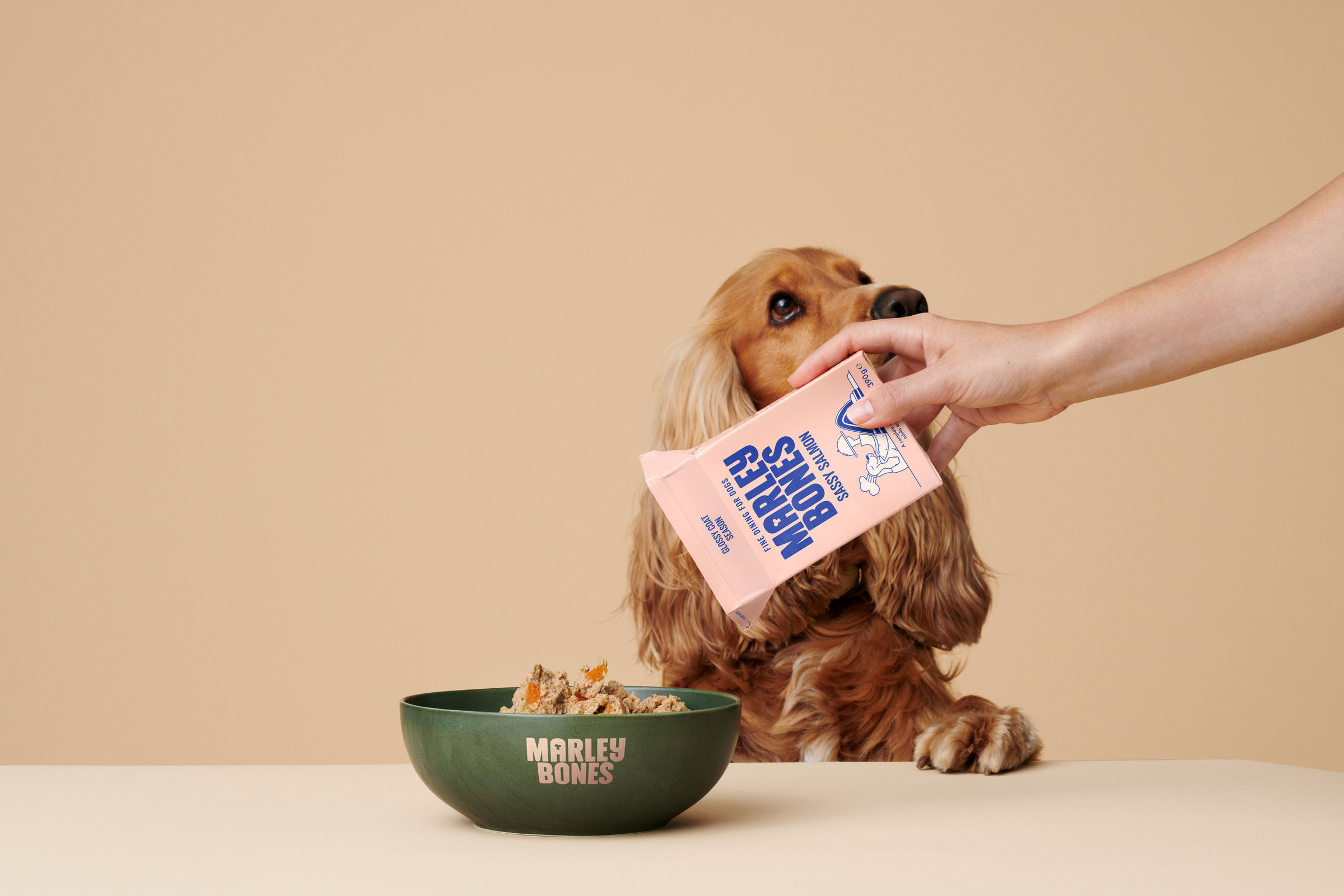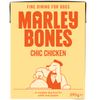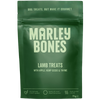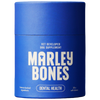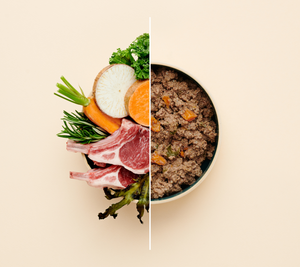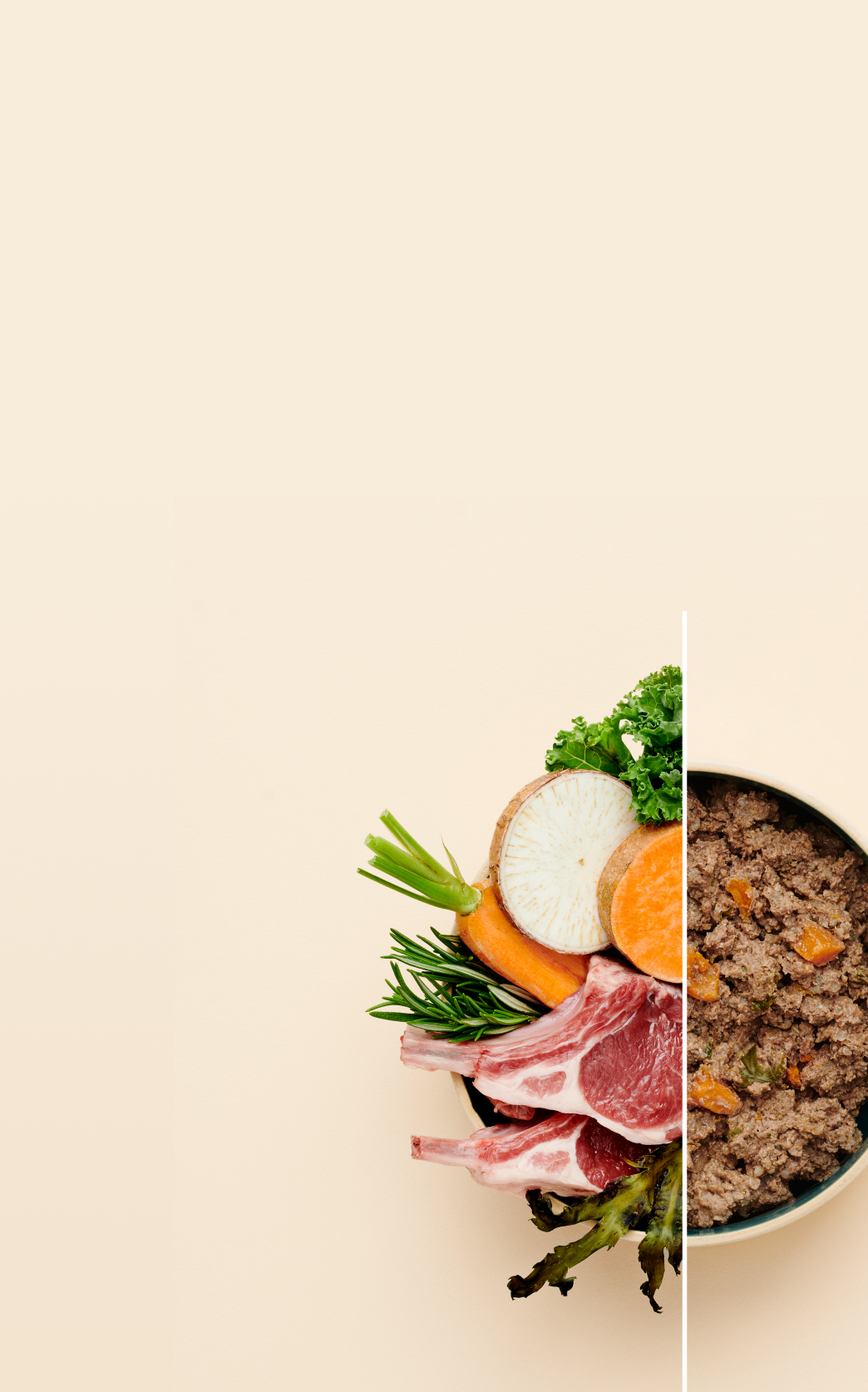Can My Dog Eat Eggs? Nutritional Benefits and Safety Tips
Eggs are a household staple in many kitchens, known for their rich nutritional value and versatility. But can your dog enjoy eggs too? The answer is yes — when properly prepared, eggs can be a safe and healthy addition to your dog’s diet.
Packed with high-quality protein, essential fatty acids, and key vitamins, eggs offer a range of benefits for dogs. However, they should be served in moderation and cooked correctly to avoid potential health risks. Understanding how eggs fit into your dog’s overall diet is key to making this natural ingredient both safe and beneficial.
Nutritional Benefits of Eggs for Dogs
Eggs are rich in protein, offering a complete source of essential amino acids — the building blocks of your dog’s body. These amino acids support muscle development, tissue repair, and immune function. Regular, balanced protein intake also promotes a healthy coat and skin.
In addition to protein, eggs provide beneficial fatty acids such as Omega-3 and Omega-6, which play a role in reducing inflammation and maintaining a shiny, healthy coat. They also support brain health and can be especially valuable in the diets of puppies and older dogs.
Vitamins such as A, D, E, and several B-complex varieties are found in eggs, supporting bone health, vision, and energy metabolism. Meanwhile, minerals like iron, selenium, and zinc assist in oxygen transport, immune defence, and enzyme function. Together, these nutrients contribute to overall wellbeing and a strong immune system.
That said, for many dogs, especially those on a complete and balanced wet food diet, like Marleybones, all of these nutrients are already provided in the correct ratios. In these cases, adding extras like eggs isn’t necessary and could lead to excess calories if not properly accounted for. If your dog’s diet is already nutritionally complete, think of eggs as an occasional treat rather than a daily supplement.

Safe Feeding Practices
For dogs to gain the benefits of eggs safely, it’s important to prepare them correctly. Always serve eggs cooked, as raw eggs can contain salmonella and may interfere with biotin absorption over time due to a compound called avidin. Cooking neutralises this risk, making nutrients more bioavailable and ensuring safety for both pets and humans.
Boiled or scrambled eggs without any added salt, butter, or oil are ideal. Keep things plain — dogs don’t need extra flavourings, and some seasonings can be harmful. Allow the eggs to cool before serving, and chop them into small pieces for easier eating.
Portion control is also essential. A small dog may benefit from a few tablespoons of egg, while larger dogs can manage a full egg as an occasional addition. While eggs are nutrient-dense, they’re also calorie-rich, so it’s best to adjust the rest of your dog’s food intake accordingly to avoid overfeeding.
Potential Risks and What To Watch For
Although eggs are generally well tolerated by most dogs, some can develop sensitivities or allergies. Signs of intolerance may include itching, digestive upset, or changes in stool. Always introduce new foods gradually and observe your dog’s response, especially during the first few feedings.
Another key risk lies in feeding eggs raw. Beyond the threat of salmonella, raw egg whites contain avidin, which can interfere with biotin absorption and lead to skin problems or coat dullness over time. Cooking eggs thoroughly eliminates this issue entirely, allowing dogs to absorb and benefit from all nutrients.
It’s also important to consider eggs within the context of your dog’s overall diet. While eggs are a healthy supplement, they should not replace a balanced, complete diet designed to meet your dog’s specific nutritional needs. For dogs with special dietary requirements or existing health conditions, always check with your vet before introducing new foods.

The Final Woof
Eggs can be a valuable, protein-rich addition to your dog’s diet when served correctly. Cooked eggs offer essential nutrients that support coat health, muscle maintenance, immune function, and more — making them both a treat and a supplement.
The key is moderation and mindful preparation. Serve eggs plain, cooked, and cooled, and always watch for any signs of intolerance. With a little care, this simple food can become a wholesome and enjoyable part of your dog’s routine.



